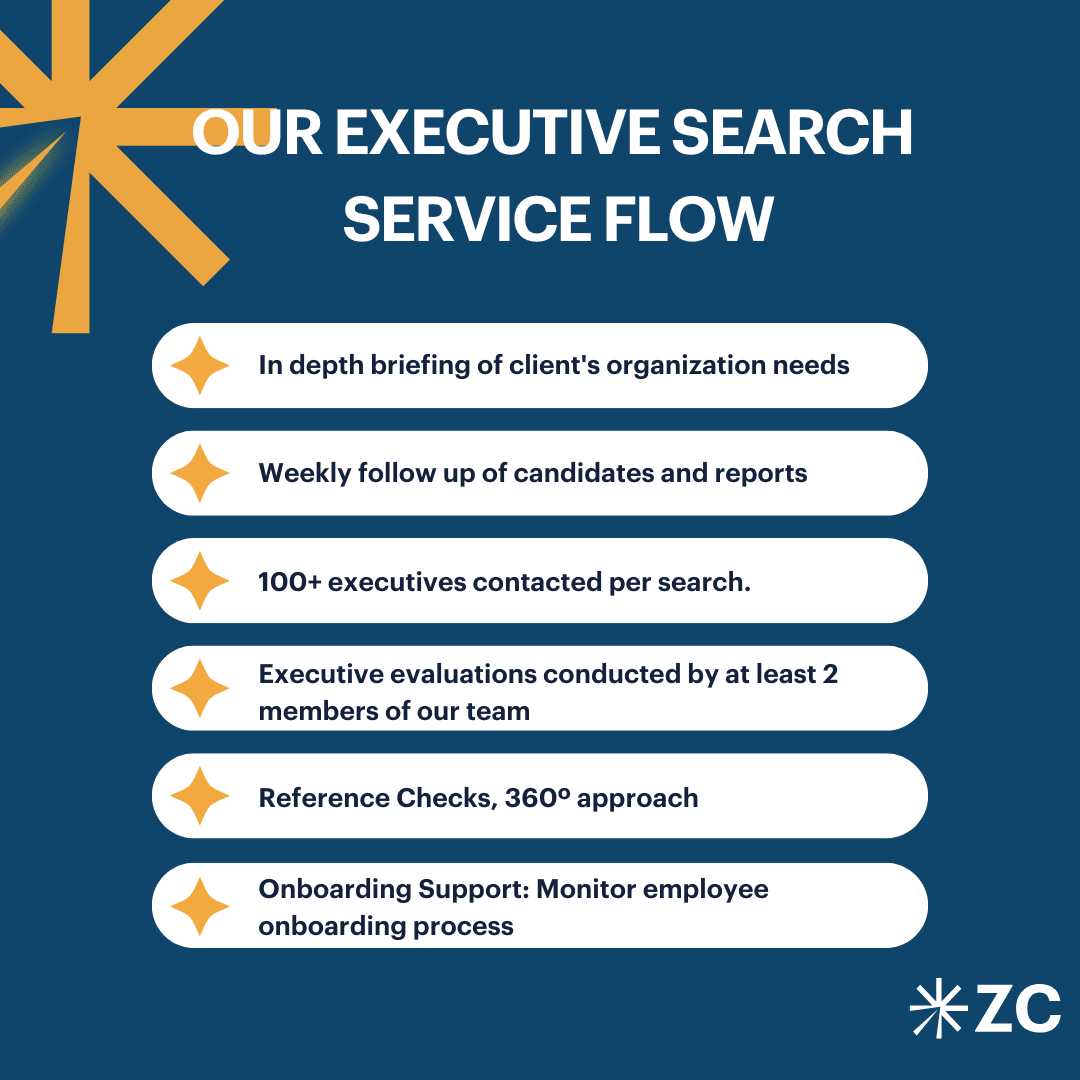Private equity (PE) and venture capital firms have become increasingly active in China recently, growing there and buying up local businesses. This tendency has been driven by China’s capital markets gradually opening a rising interest in Chinese companies and China as a market for expansion. In the executive search sector, we have observed an increasingly competitive personnel market in China for these enterprises, even though private equity and venture capital executive compensation plans for CEOs can have a significant draw factor due to shares being part of compensation.
In 2019, China was the second-largest PE market in the world and despite the pandemic, and according to growth forecasts for the next ten years, the economy in China will continue to outperform every developed market in the globe. Nevertheless, in investment portfolios, China’s private market is notably underrepresented since most investors only devote a small portion of that to the market itself.
Some of the benefits that as an executive search firm we usually pitch about the PE industry in China are:
High returns: compared to most private equity prospects in western nations, this sector in China offers higher returns on investment (ROI).
More investment opportunities: entrepreneurial activity and competition will rise as China continues its transformation into a market economy. As a result, an increasing number of businesses will experience the growth, size, and management caliber necessary to qualify for funding from PE funds. In addition, as the Chinese economy’s deal flow grows, even businesses with slower growth than usual could become viable targets for private equity. Thus, PE funds will have access to more investment options.
Possibility to scale up: a PE fund, once founded, has numerous options to grow its business given the size of the Chinese economy. This is additionally made possible by the expanding consumer affluence in China, the manufacturing prospects brought forth by “Made in China 2025” and the integration of offline and online sales channels in China.
As attractive as this market is, it is still suffering to attract talent, a tendency that has been seen among other markets and in private equity at a global level. Over the past five to ten years, companies in this industry have made large investments in updating their technology and enhancing back-office procedures to build a scalable operating model to support their growth goals.
At the same time, businesses in the sector continue to put people first and hiring and onboarding new talent remains as one of their top priorities. This has resulted in a challenge for executive search processes, as the rapid advance in technology is not particular to this sector, and the demand for talent that is capable to adapt to the new trends has increased.
PE executive search in China
There are two essential elements to PE executive search. Organizations at the fund level require exceptional executives for a variety of roles, including investment specialists, operational partners, senior advisers, and functional leaders in fields like human resources, investor relations, capital markets, CFOs and COOs.
Because of our experience in executive search, we can affirm that the C-suite is arguably the most competitive talent market in all industries at the portfolio level, together with highly sought-after specialists. The difficulty in attracting and retaining this talent has increased due to the increase in private equity funds. Across practices (Consumer, Automotive, Life Sciences, Financial Services, Technology Media/Telecom, etc.), we can put our extensive local and sectorial experience into practice.
Due to our geographic and sectoral diversity (as well as our in-depth knowledge from more than 20 years of assisting PE and VC companies in executive search and organizational consulting processes), we are able to provide distinct sponsor coverage across nations.
A trend we have seen as an executive search firm is the growing responsibility of PE executive teams for proactive and rigorous talent management, including succession planning as a result of the quick expansion of portfolios that have created a desirable market for young top performers, despite significant financial incentives attaching talent to established organizations.

In Zavala Civitas we are specialized in the Chinese market and, with over 20 years of experience, we are ready to support your company in any executive search or organizational consulting problem you might face.






